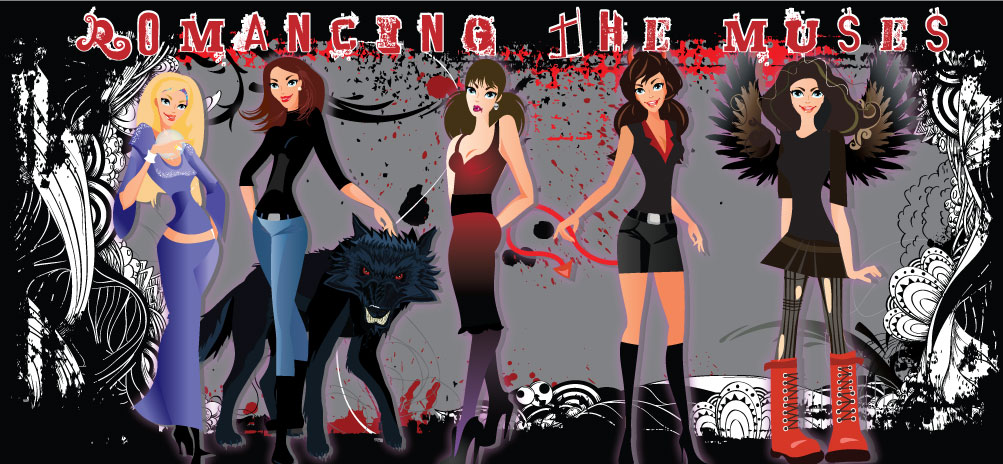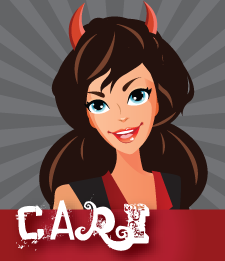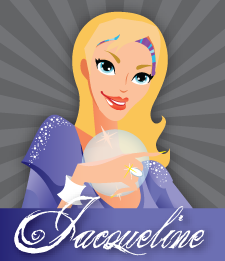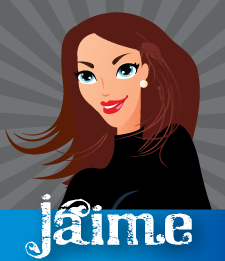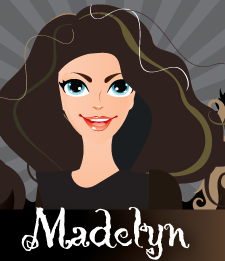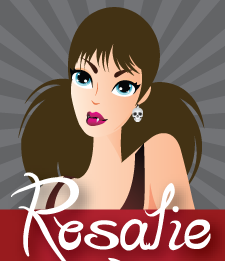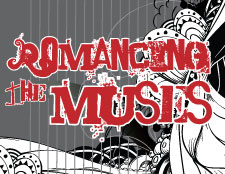Over the past couple weeks, we’ve talked a lot about how to get a manuscript ready for submission, contract negotiations, how to deal with rejection, how to respond to negative reviews, and all the effort that goes into the ever-important release day.
I’m going to pull everything back for my topic today. Before the production wheels can even consider turning, you must have a product to sell. In this case, our creativity is on the market.
One of my favorite writers is Aaron Sorkin. He doesn’t produce traditional material, but some readers might be familiar with his writing through shows like The West Wing, Sports Night, Studio 60 on the Sunset Strip, and movies such as The American President, and most recently, The Social Network. Sorkin has always been an inspiration to me; his dialogue has an almost Shakespearean cadence that can get stuck in your head like a catchy song. On writer’s block, he says the following:
I love writing but hate starting. The page is awfully white and it says, "You may have fooled some of the people some of the time but those days are over, giftless. I'm not your agent and I'm not your mommy. I'm a white piece of paper, you wanna dance with me?" And I really, really don't.
I’ve made no secret of this: the past year has played me like a yoyo. To anyone who creates, the inability to do what you love, regardless of the objective, is absolutely devastating. In my case, my inability to put words on paper had a variety of causes, a terrible work-environment and battling my obsessive compulsive disorder at the top. Among other things, once the dust has settled and you have a book out there—in the general vastness of the thing called the Internet, or life as we know it—pressure to reproduce can drive you crazy. I started a new project, one currently stalled for the want of other things, but couldn’t make much headway because my mind wasn’t with the story, rather with what would happen after the story’s completion. What would an editor think of my writing? Would this novel stand a chance among the dozens upon God-knows-how-many others up for consideration? Why in the world did I think I could write, when I could barely choke out a hundred words? I started and stopped more times than I care to consider, but it all harkened back to a simple inability to focus.
I spoke with friends about my predicament, but that didn’t help. What could people offer aside from sympathy? Words simply wouldn’t come. I closed the document and waited.
After a few months, I started dabbling with a few side-projects to see if I could coax the creative juices to flow again. I revisited old stories, wrote fan-fiction, and did pretty much anything I could to write for the sake of writing, rather for the sake of publication. This, alongside quitting my hellish job and working out some of the insanity that occasionally screws with my head, enabled me to push past the Block. I’ve written a lot recently. It might be bad. Hell, it might ALL be bad, but I finished something, and that feels damn good.
The point I’m getting at is this: for writers, the inability to do what we love feels like drowning. There can be many symptoms, least of which the environment outside your writing sanctuary. If you do encounter such demons, don’t run away. They don’t deserve your anger. The Block will alleviate, if not sooner than you hoped. In the meantime, try a few writing exercises, or read a good book. The best authors will inspire other writers. This is one of the many reasons we read—to be inspired.
The most important thing: when writing, never second-guess a word or mull over a phrase for too long. You can always go back and revise. Nothing is ever set in stone anymore. There is time to worry with that, and it’s not during the process itself. For me, this is often easier said than done, but it won’t keep me from trying.
In the end, doing what you love, and loving what you do, is worth the frustration and the wait.
